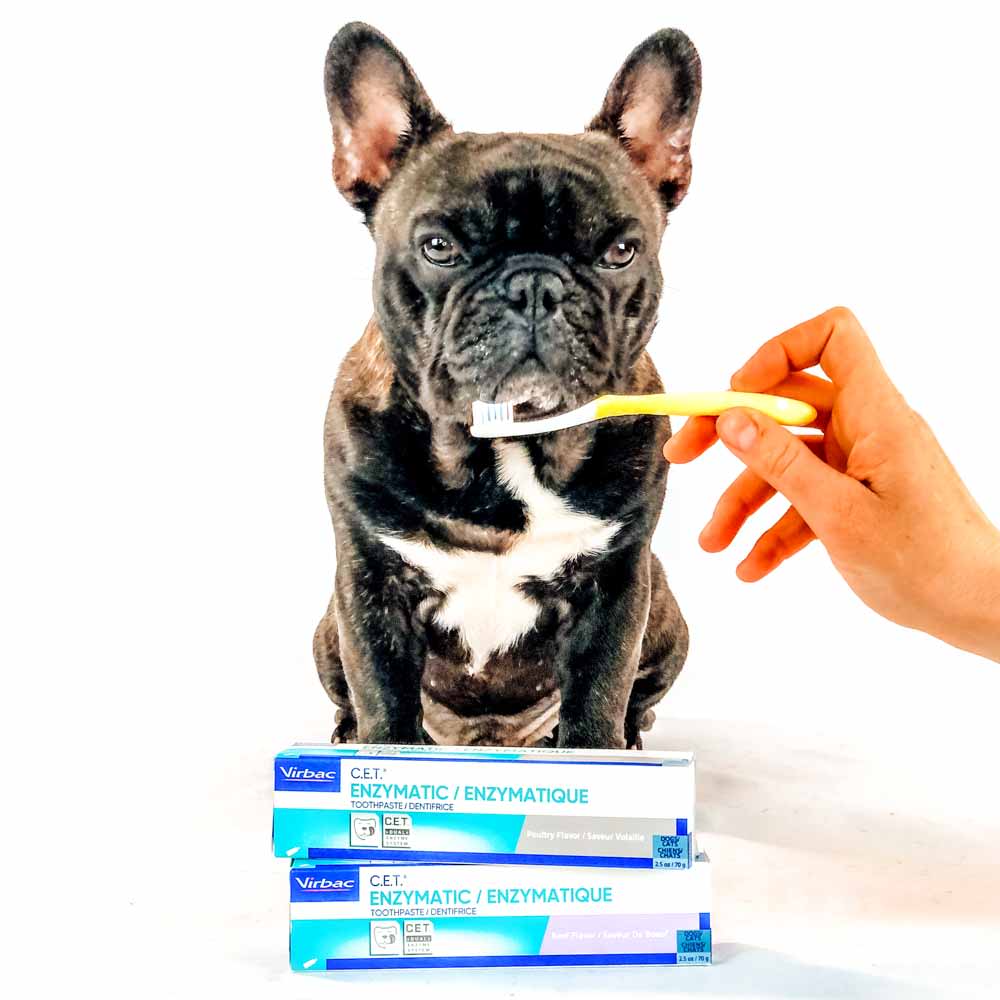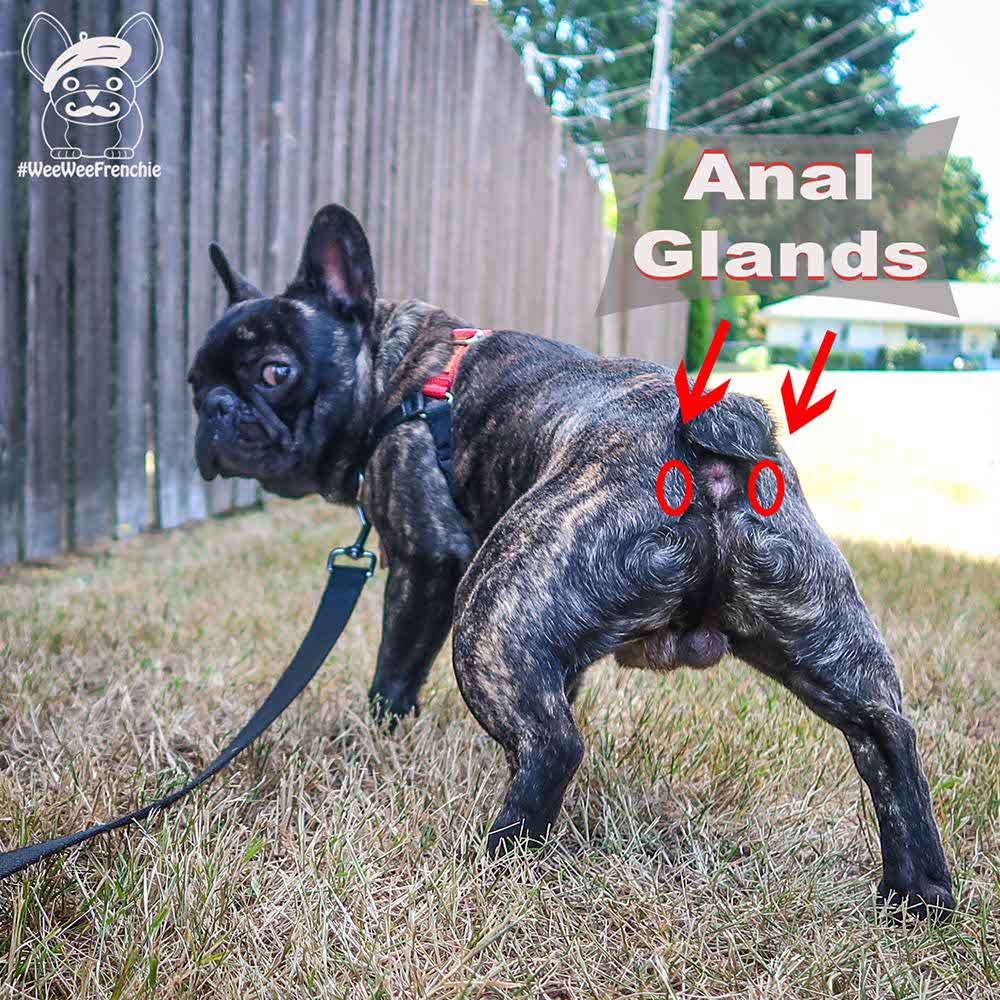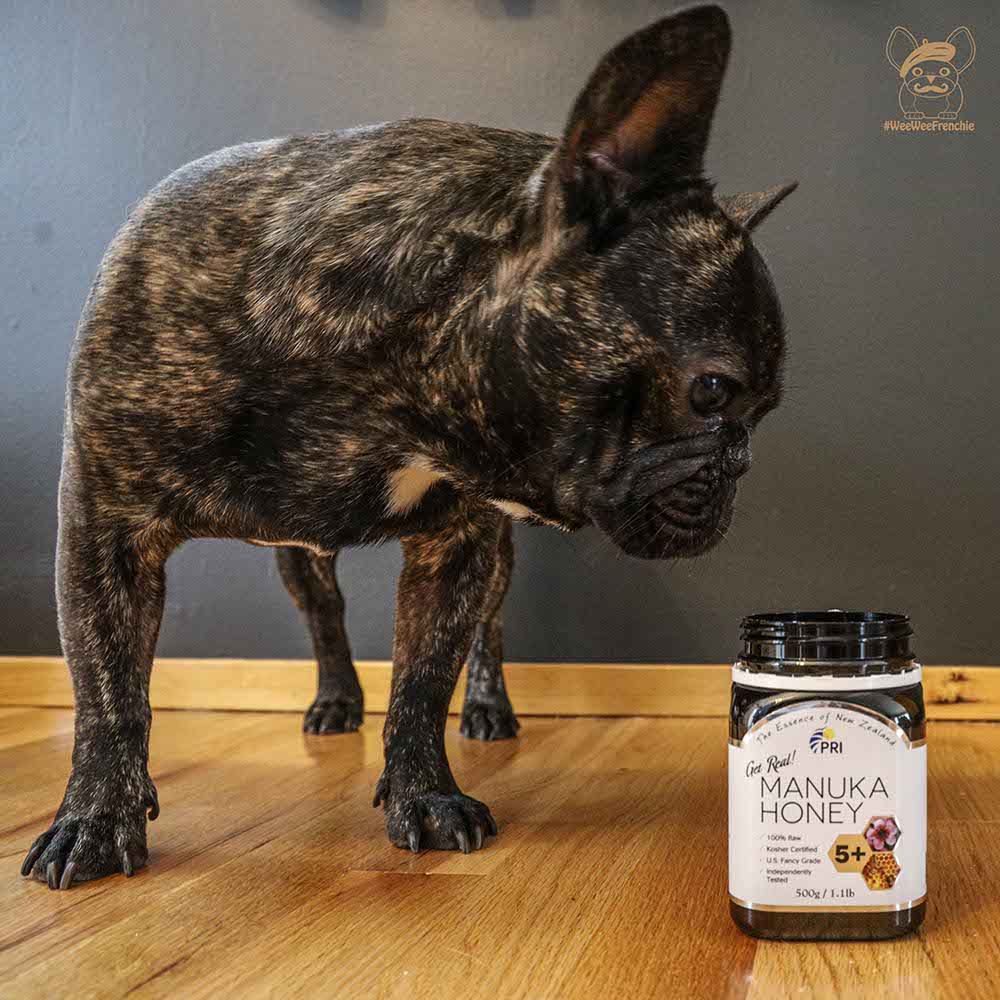Pet Insurance
Pet insurance is a topic that everyone should talk about especially if you have a dog. It doesn’t take much for an emergency to happen. But what should you know about pet insurance before you sign up?

What is insurance?
Pet insurance can cover your pet’s medical cost for both chronic care and emergencies. A monthly premium is based on the dog’s breed, age, and coverage plan.
What is a deductible?
A deductible is the amount you pay before your insurance will start to pay. A higher deductible usually means lower monthly insurance costs.
What are term limits?
An insurance term limit is the maximum amount of money that will be paid towards a particular claim. Usually the higher the coverage limit, the higher your monthly payment will be.
For example, if your dog has allergies, insurance may have a limit of $600 per year. If you submit $1,000 of claims, you will be liable for $400 and your insurance will cover $600.
Do all insurance companies have term limits?
No, not all insurances have term limits. Some companies like Healthy Paws and Trupanion don’t have term limits on their pet policies.
By not having term limits, it helps to make claim processing easier. It also alleviates extra stress for the pet owner, since they will only pay a copay for treatments.
How do you know what insurance covers?
You have to read the fine print! Reading their contract will better prepare you for when the unexpected happens.
Make sure to pay extra attention when reading the coverage limits of any insurance plan. Do they cover the common ailments that are specific to your dog's breed?
Some insurance plans will not cover congenital or hereditary issues. Common congenital issues for French bulldogs include:
- nare/palate surgery
- hip dysplasia
- back/disc problems
If these conditions are excluded under your insurance plan, your vet bills will be high. These conditions usually need surgery and ongoing therapy as part of their treatment. You can imagine how fast those bills add up.
If something doesn’t make sense, call their customer service and ask! You need to know what you are getting into before you buy. Shop around and compare plans. Not all insurance companies are the same!

When should you get insurance?
As soon as you get your pet, sign up for insurance!
Insurance usually has a 2 week grace period before covering your pet. If anything happens to your pet during that grace period, you will be liable to pay. Any health diagnosis made before or during the grace period is considered a “pre-existing condition.”
If your dog had an acute respiratory infection during the grace period, future respiratory issues may be considered “pre-existing.” Insurance will not reimburse for pre-existing conditions.
This is why getting the right insurance coverage as soon as you get your pet is so important! Insurance rules can be tricky and any loophole can be used to exclude payment to you.
Can you switch insurance?
It is hard to switch insurance once you have signed up. Once your dog has seen a vet for any diagnosis, it can be considered a “pre-exisiting condition.” A new insurance company will see previous claims and not pay on claims with a pre-existing diagnosis.
Rather than switch insurance, it is better to get a second insurance plan. Unfortunately, that means you will be submitting claims to both companies. Although that can be a hassle, you will have the benefit of better coverage.
Prescription coverage
Some insurance plans have limited prescription coverage. Read the fine print and pay close attention to what is and isn’t covered. Are basic medications like flea/tick prevention covered? Is chemotherapy covered?
Basic medications like flea/tick prevention should be covered. But if it isn’t, can you afford the monthly cost of that prescription? These are things that you have to calculate into your monthly budget. And some of these “extras” can add up fast.
Can monthly premiums increase?
Yes! Some insurance companies will increase the monthly premium at the policy renewal date. These increases can be large.
Again, ask these questions before you sign up with any insurance company. Some insurance companies have high monthly premiums. But their premiums never change for the life of the policy.
Can your vet submit your claim directly to the insurance company?
Some insurance plans allow the vet to bill them directly. After the insurance pays the vet, you may need to pay a copay.
How long does it take insurance to process claims?
Processing claims can take 2-6 weeks. Signing up for direct deposit into your bank account can decrease wait time.
Having pet insurance can help you be better prepared when the unexpected happens. Although insurance can be tricky, read the fine print. Ask questions. Don’t sign up for a policy that you don’t understand.
My dog, Phoenix, has had many health issues and emergencies. One emergency visit for breathing issues turned into a 2 day hospital stay in the oxygen tank. That one bill alone was over $6,000. If we didn’t have insurance, I’m not sure how I would be able to get Phoenix the care he needs.
Pet insurance takes the stress out of any situation. Whether it's for a vet visit for a torn dew claw or an emergency room visit for breathing issues. I don’t have to hesitate to get my dog the care he needs.
And if you have a bad insurance plan, having any kind of coverage is better than none. It may be worth looking into a second insurance carrier to help fill the coverage gaps.
So is having pet insurance a good idea? Absolutely! Insurance alleviates a lot of financial stress and allows you to get the care for your dog when needed. Not all insurance companies are the same so make sure you understand the policy before you buy.




